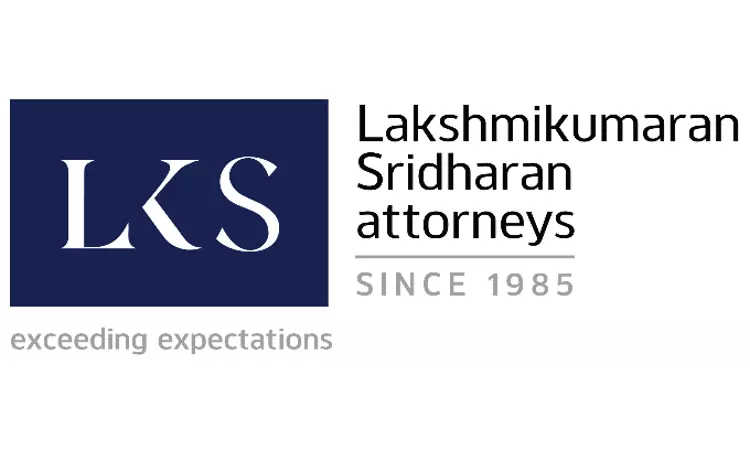The ITC Conundrum: Refund V. Transfer
Yogendra Aldak, Kunal Kapoor & Yatharth Tripathi
16 Aug 2025 3:16 PM IST

In India, business structures continuously transform to align with the company's specific needs and objectives, often resulting in mergers, demergers, amalgamation etc. Such structural shifts may have significant tax implications. One such case was recently examined by the Bombay High Court (Goa Bench) in the case of Umicore Autocat[1].
In this case, the Bombay High Court examined the issue pertaining to the transferability of unutilized ITC in a situation where the amalgamating company ('transferor') was registered in the State of Goa while the amalgamated company ('transferee') was registered in the State of Maharashtra. Pursuant to the amalgamation between the two entities, the transferor (located in Goa) attempted to transfer the unutilized Input Tax Credit ('ITC') to the transferee (located in Maharashtra). Notably, this unutilised ITC comprised all CGST, SGST, and IGST components.
However, the revenue department sought to deny this transfer of unutilised ITC from transferor to transferee on the ground that under GST law, each state registration is treated as a distinct person. Therefore, it was argued that, pursuant to the transfer of ITC from one state to another, the state where the transferor is situated, i.e. Goa, will suffer financial loss. On this ground, the revenue department disputed the transfer of CGST, SGST and IGST components of unutilised ITC.
After examining the provisions (viz. Section 18(3) of the CGST Act & Rule 41 of the CGST Rules) under the GST law which provide for transfer of unutilized ITC, the Bombay High Court held that the said provisions do not mandate that the transferor and transferee must be located in the same state.
In this light, the Bombay High Court to the extent of CGST and IGST components of the unutilized ITC, permitted the transfer of unutilized ITC from Goa to Maharashtra and observed that even after the transfer of said ITC, the Union of India, which levies and collects CGST and IGST will not suffer any loss. Further, the High Court also directed the GST Council and the GST Network to establish a mechanism enabling assessees to address situations involving inter-state transfer of unutilized ITC.
However, in respect to the SGST component of unutilised ITC, the issue remains unresolved as in the case of Umicore Autocat, the petitioner gave up on its claim for the transfer of SGST component.
In such a situation, whether it would be more prudent for the taxpayers to seek refund of unutilized credit, as allowed by the Sikkim High Court in SICPA India[2]?
In the said judgment, it was held that upon closure of business, the assessees are entitled to claim cash refund of the unutilized ITC. At this juncture, it may be pertinent to note that the Supreme Court in the case of Saraswati Industrial Syndicate[3] held that in the event of amalgamation, the transferor company ceases to exist. Accordingly, even in cases of amalgamation, the assessees may have an option to follow the route as approved by the Sikkim High Court - i.e. claiming cash refund of the unutilized ITC.
However, the taxpayers may also note that the principle laid down by the Sikkim High Court, may not be consistent with Section 54 of the CGST Act. This is because in terms of the said provision, refund of unutilized ITC is granted to an assessee only in two circumstances, i.e. inverted duty structure and zero-rated supplies made without payment of tax. In contrast to these prescribed conditions, the Sikkim High Court permitted cash refund of unutilized ITC even upon closure of business.
In light of the above, while the approach of the Sikkim High Court allowing refund of unutilized ITC upon closure of business may offer relief to the assessees, it appears to be not in line with the statutory provision. On the other hand, to the extent of the SGST portion, the judgment of the Bombay High Court permitting inter-state transfer of ITC may result in a financial loss to the assessees. This presents a question – Should the assessees opt for the refund route, which may not have statutory backing, or the transfer route, which may have financial challenges?
Authors: Yogendra Aldak (Executive Partner), Kunal Kapoor (Associate Partner) & Yatharth Tripathi (Associate) At Lakshmikumaran & Sridharan Attorneys. Views are personal.
References


